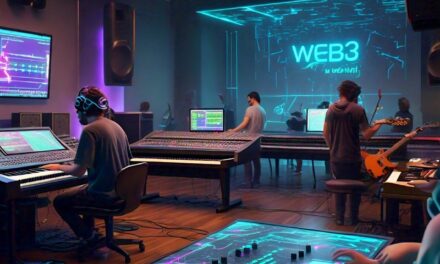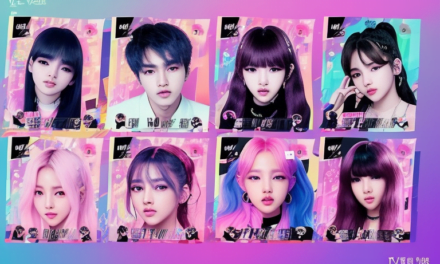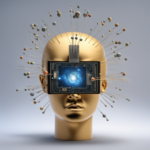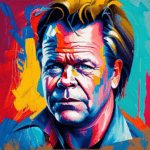The Future of Music Ownership: NFTs and the Decentralized Music Revolution
Syndicated article By (link unavailable)The music industry is on the cusp of a significant transformation, thanks to the advent of Web3 technology. Web3, also known as the decentralized internet, enables a system in which individuals have control over their own data and transactions. This technology has the potential to revolutionize the music industry by providing artists with greater control, transparency, and financial independence.
Decentralized Music Platforms
Web3 music platforms like Even, Sound.XYZ,...
Your Support Drives Innovation. Shop Now, Donate Here.
 |












